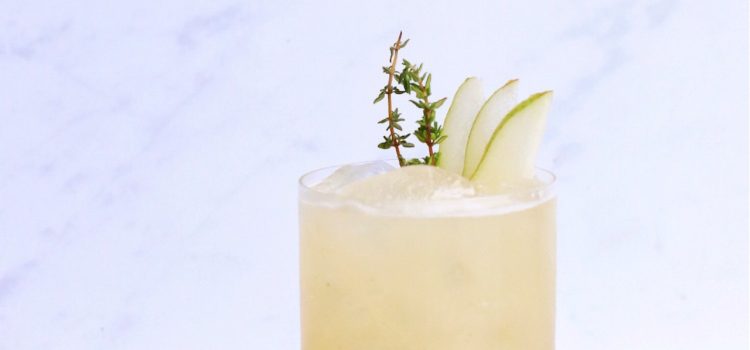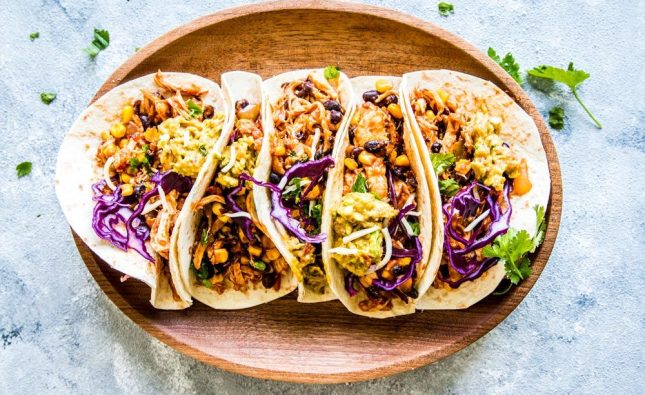
Enter the mocktail, a non-alcoholic cocktail that promises all the flavor and fun of a traditional cocktail without the negative effects of alcohol. But can mocktails truly reduce drinking, or are they just a temporary fix?
On the surface, mocktails seem like the perfect solution for those looking to cut back on alcohol. They offer a wide range of flavors and ingredients, from fruity and sweet to spicy and savory, and can be just as visually appealing as their alcoholic counterparts. They also provide a way for non-drinkers to participate in social events without feeling left out or judged.
However, the question remains: can mocktails truly reduce drinking? The answer is not as straightforward as it may seem. On one hand, mocktails can be a great way to satisfy cravings for a drink without actually consuming alcohol. They can also be a useful tool for those in recovery from alcohol addiction, as they provide a way to enjoy the social aspect of drinking without the risk of relapse.
But on the other hand, mocktails may not be enough to truly reduce drinking in the long term. For some people, the taste and experience of a mocktail can trigger cravings for the real thing. This is especially true for those who are used to drinking heavily or who have a history of alcohol addiction. In these cases, mocktails may actually make it harder to reduce alcohol intake or maintain sobriety.
Another potential issue with mocktails is that they can be just as high in sugar and calories as alcoholic cocktails. Many mocktail recipes call for sugary syrups, fruit juices, and other sweeteners that can add up quickly. This can be a problem for those who are trying to lose weight or manage their blood sugar levels.
So, what is the solution? Is it better to stick with traditional cocktails or switch to mocktails? The answer may depend on the individual and their goals for reducing alcohol intake.
For those who are looking to reduce alcohol intake but still want to enjoy the occasional drink, traditional cocktails can be a good option. However, it’s important to be mindful of the amount of alcohol consumed and to pace oneself when drinking. Alternating between alcoholic and non-alcoholic drinks can also be a useful tool for reducing overall alcohol intake.
For those who are looking to completely abstain from alcohol, mocktails can be a useful tool for enjoying the social aspect of drinking without the negative effects of alcohol. However, it’s important to choose mocktails that are low in sugar and calories and to be mindful of triggers and cravings.
Ultimately, the key to reducing drinking is to be mindful and intentional about one’s drinking habits. Whether one chooses to stick with traditional cocktails or switch to mocktails, the goal should be to reduce overall alcohol intake and to prioritize one’s health and well-being.
In conclusion, cocktails and mocktails both have their pros and cons when it comes to reducing alcohol intake. While mocktails can be a useful tool for those looking to abstain from alcohol, they may not be enough to truly reduce drinking in the long term. Traditional cocktails can be a good option for those who want to enjoy the occasional drink, but it’s important to be mindful of the amount of alcohol consumed. Ultimately, the key to reducing drinking is to be intentional and mindful about one’s drinking habits and to prioritize one’s health and well-being.










